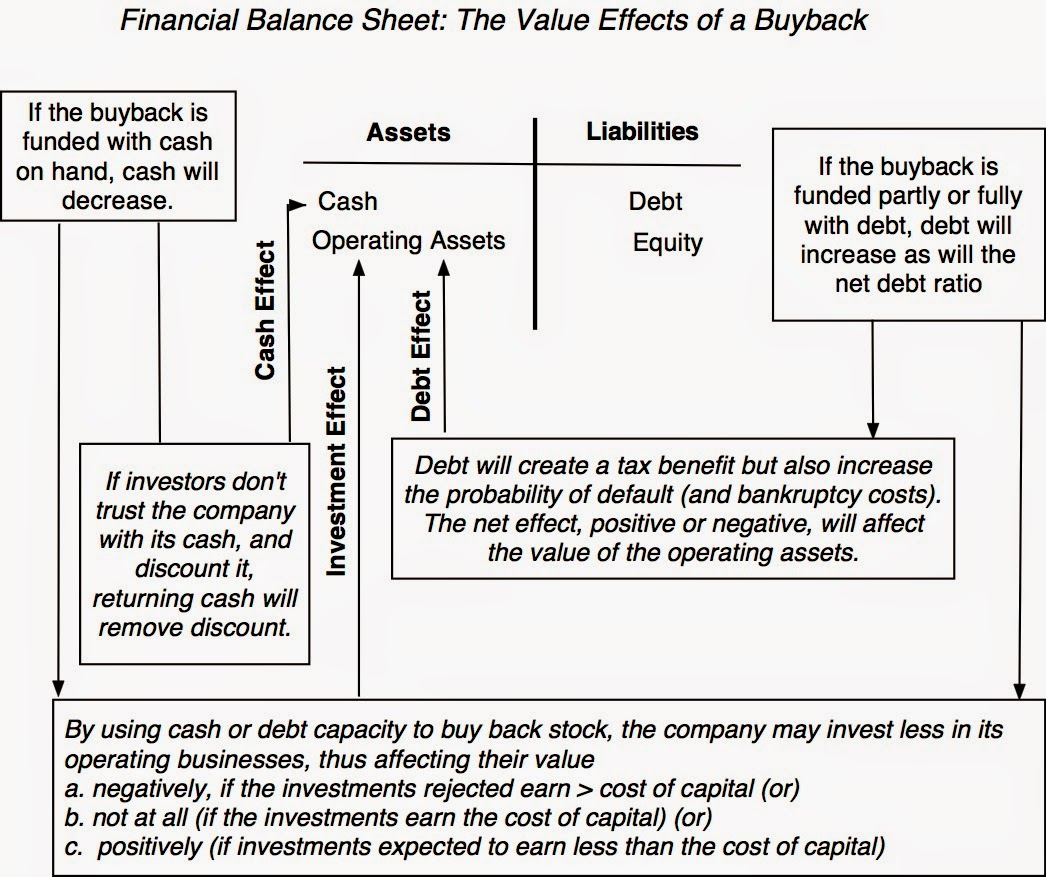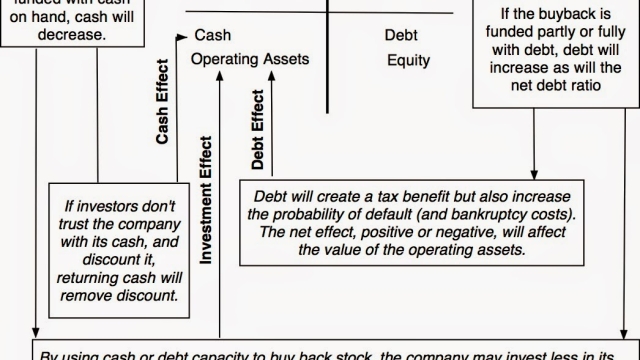
In today’s rapidly evolving corporate landscape, the practice of corporate buybacks has emerged as a powerful force reshaping the market dynamics. With companies increasingly opting to repurchase their own shares, questions arise about the implications and long-term stability of this trend. A significant aspect within this context is corporate IT asset disposal, where SellUp’s Corporate Buyback program comes into play. In offering a streamlined, profitable, and environmentally responsible solution for businesses looking to dispose of their outdated IT assets, SellUp has positioned itself as a key player in the evolving landscape of corporate buybacks. As we delve deeper into this topic, we will explore the impact and potential consequences of this rising phenomenon, considering its benefits, challenges, and broader implications for the business world.
The Controversy Surrounding Corporate Buybacks
First, let’s delve into the heated debates surrounding corporate buybacks. Many argue that these practices prioritize short-term gains over long-term stability. Critics raise concerns about the potential negative impact on job creation and capital investments. The argument is that companies should allocate resources towards innovation, research, and development, instead of repurchasing their own shares.
Furthermore, opponents of corporate buybacks often highlight the potential for market manipulation. They suggest that by reducing the number of outstanding shares, buybacks can artificially inflate stock prices, leading to an unsustainable market growth. This manipulation can create a false sense of prosperity, making it difficult to accurately assess the true value of a company’s stock.
On the other hand, proponents of corporate buybacks stress the immediate benefits they bring to shareholders. By reducing the number of outstanding shares, buybacks increase earnings per share, which can lead to higher stock prices. This can be particularly appealing to investors seeking short-term gains and can also increase executives’ compensation tied to stock performance.
Overall, the controversy surrounding corporate buybacks lies in the differing viewpoints on their impact on the economy, market stability, and shareholder value. While some argue that these practices contribute to market growth, others contend that they undermine long-term stability by redirecting funds away from investment in areas such as research, development, and job creation. The debate over the pros and cons of corporate buybacks continues to be a topic of intense discussion and scrutiny in the financial world.
Examining the Implications for Market Growth
As corporate buybacks continue to gain traction, questions have emerged regarding their impact on overall market growth. Many argue that these buybacks serve as a catalyst for market expansion, providing a boost to share prices and shareholder value. However, concerns have also been raised about the potential negative consequences these activities may have on long-term market stability.
Advocates of corporate buybacks argue that these initiatives stimulate market growth by increasing demand for company shares. By repurchasing their own stock, companies effectively reduce the number of outstanding shares in circulation, creating scarcity and driving up share prices. This, in turn, generates wealth for shareholders and encourages market participation. Proponents contend that the resulting increase in shareholder value can contribute to economic growth and foster a positive investment climate.
Critics, on the other hand, caution that corporate buybacks may undermine long-term market stability. Companies often finance these initiatives by diverting funds that could have been used for research and development, product innovation, or capital investments. This redirection of resources may hinder a company’s ability to pursue long-term growth opportunities and may reduce productivity and competitiveness in the long run. Furthermore, buybacks can create a false sense of inflated value in the market, potentially leading to market volatility and instability.
In the context of corporate IT asset disposal, programs like "SellUp’s" corporate buyback program offer a solution for businesses seeking to dispose of old IT assets in an efficient, profitable, and environmentally responsible manner. This highlights the potential positive impact buybacks can have on both market growth and sustainability efforts. However, it is crucial to strike a balance between engaging in buyback activities and maintaining long-term market stability, ensuring that companies continue to invest in their future growth while providing value to shareholders.
The Sustainability Aspect: SellUp’s Corporate Buyback Program
SellUp’s Corporate Buyback program is paving the way for a more sustainable and responsible approach to IT asset disposal. As businesses look for efficient and environmentally friendly solutions for disposing of their old IT assets, SellUp offers a comprehensive program that not only benefits the companies involved but also contributes to a greener future.
With the rise of technology advancement, the lifecycle of IT assets has become shorter, leading to an increase in electronic waste. This poses a significant environmental challenge as electronic waste contains hazardous materials that can harm the ecosystem if not properly disposed of. However, SellUp’s Corporate Buyback program provides a solution by encouraging businesses to sell their old IT assets instead of disposing of them incorrectly.
By offering an efficient and profitable option for businesses to sell their old IT assets, SellUp addresses two critical aspects of sustainability. Firstly, it reduces electronic waste by extending the lifespan of these assets through resale and reuse. This helps to minimize the environmental impact of e-waste and promotes a circular economy approach. Secondly, the program ensures that the materials extracted from the disposed assets are handled responsibly, avoiding potential harm to the environment.
Furthermore, SellUp’s Corporate Buyback program exemplifies environmental responsibility by acknowledging the importance of safe disposal methods. The program ensures that any assets unsuitable for resale are processed through recycling channels that adhere to strict environmental regulations. This commitment to responsible practices minimizes the negative impact on the environment, making SellUp a standout choice for businesses seeking to dispose of their old IT assets in an environmentally conscious manner.
In conclusion, SellUp’s Corporate Buyback program not only provides businesses with an efficient and profitable solution for IT asset disposal but also promotes sustainability and environmental responsibility. By encouraging the resale and proper recycling of old IT assets, SellUp contributes to a greener future, minimizing electronic waste and reducing the environmental impact associated with improper disposal.
